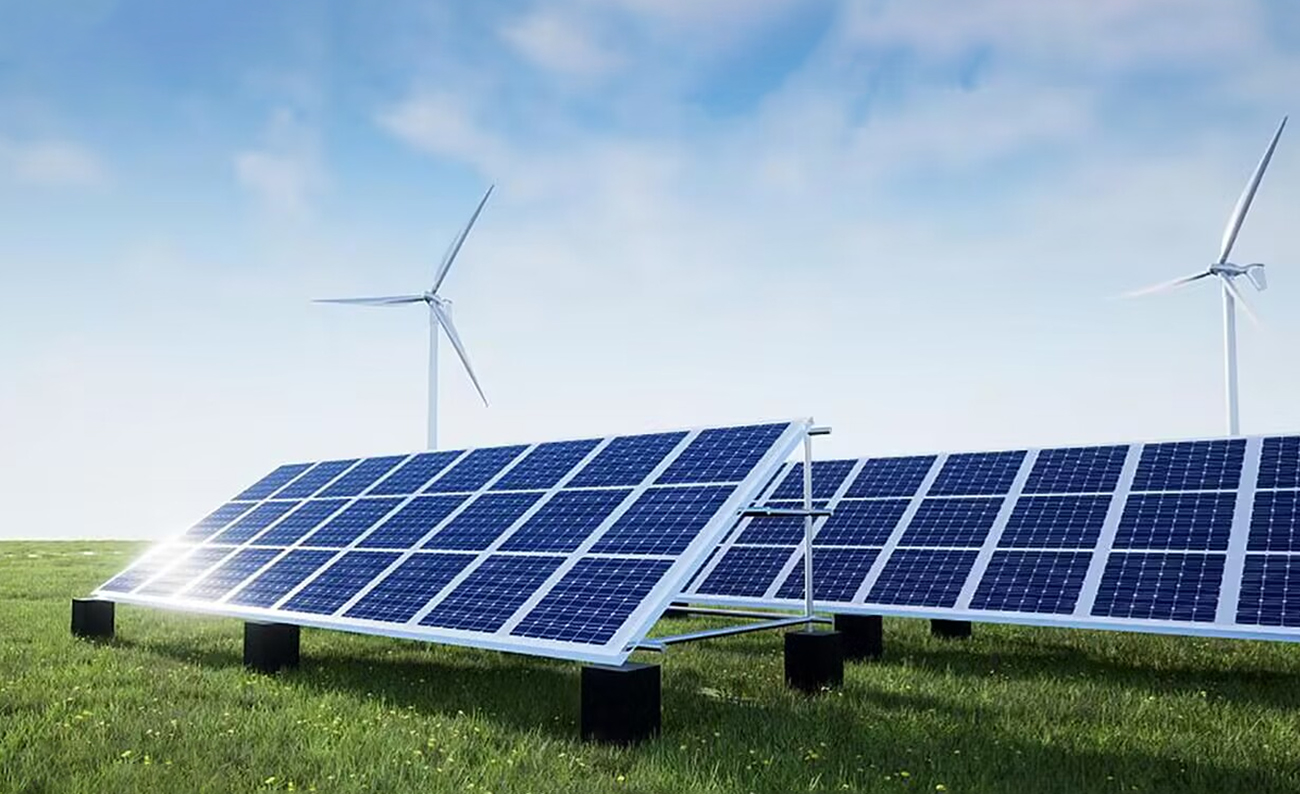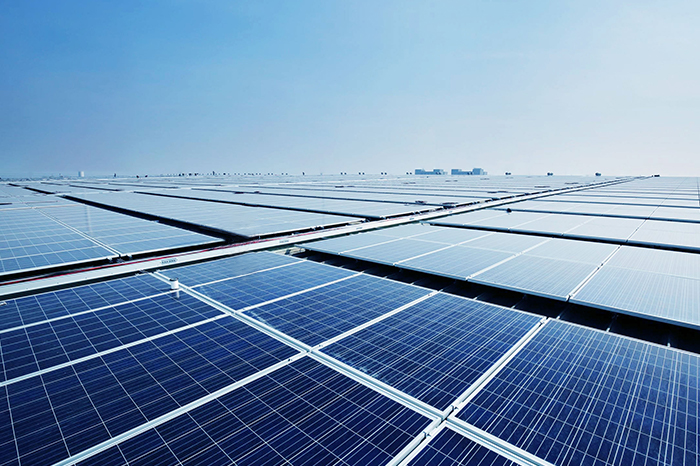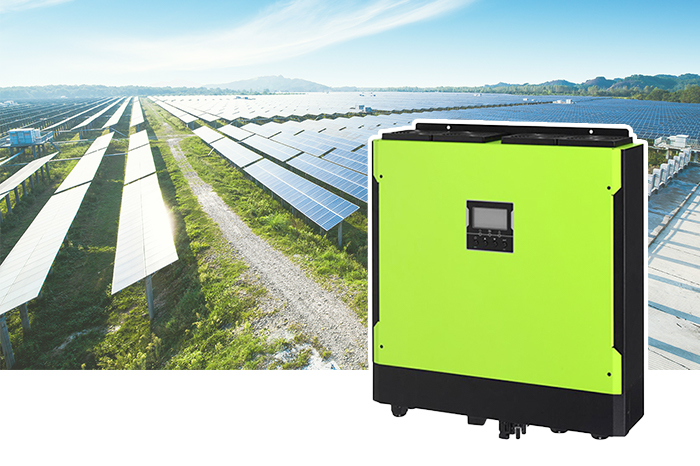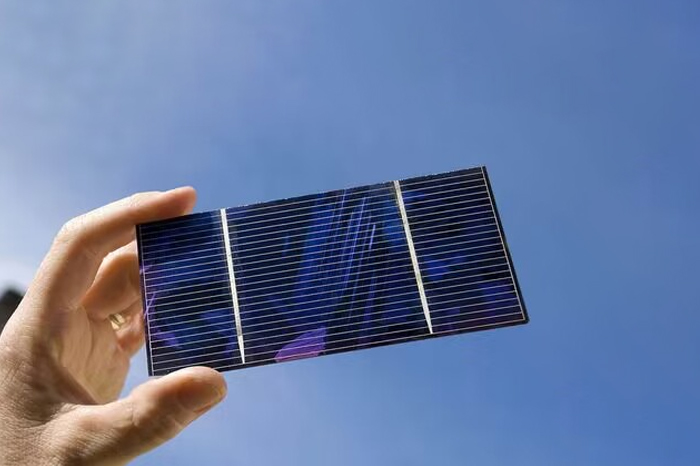
Solar Basic

Solar Panel: Types and Advantages
The solar panel is also known as a PV (photo-voltaic) panel. Photo-voltaic cells use sunlight energy and generate direct current electricity. In other words, PV is used to convert sunlight energy, which is formed by energy particles known as “photons”, into electricity that can be used to power electrical components. The combination of PV modules is called PV panels. Now let’s look at the solar panel system.
Solar panels receive sunlight as a source of energy to produce electricity or heat. A photovoltaic module is usually a connected combination of photovoltaic solar cells. Photovoltaic modules constitute the photovoltaic array of a photovoltaic system that generates and supplies solar electricity in many applications. Each module is rated under standard test conditions by its DC output power, typically ranging from 100 to 365 watts.

Solar Inverter: Working and Advantages
Now after knowing what a solar inverter is, let's talk about solar inverter's working. Solar panels produce direct electricity with the help of electrons that are moving from negative to positive direction. Most of the appliances that we use at home work on alternative current. This AC is created by the constant back and forth of the electrons from negative to positive. In AC electricity the voltage can be adjusted according to the use of the appliance.
Solar inverters are designed to maximize the energy conversion efficiency of solar panels. Modern solar inverters can achieve high conversion efficiencies, reducing energy losses in the conversion process and ensuring you get the most out of your solar panels.

Solar Cell Basic
A solar cell, or photovoltaic cell, is an electrical device that converts the energy of light directly into electricity by the photovoltaic effect, which is a physical and chemical phenomenon. It is a form of photoelectric cell, defined as a device whose electrical characteristics, such as current, voltage, or resistance, vary when exposed to light. Individual solar cell devices can be combined to form modules, otherwise known as solar panels.
The theory of solar cells explains the process by which light energy in photons is converted into electric current when the photons strike a suitable semiconductor device. Solar cells are described as being photovoltaic, irrespective of whether the source is sunlight or an artificial light.